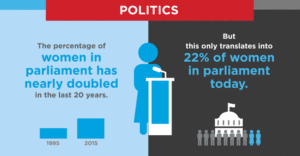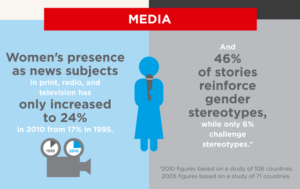
Efforts have been continuing to achieve the adoption of a National Gender Policy. A competition was organized in schools based on the question ‘what is gender?’, so as to create awareness about gender among children.

The principle of gender equality is enshrined in the Trinidad and Tobago (1976) Constitution and the Government has ratified international agreements which provide the framework for the advancement of women.

These include:
- The Beijing platform for Action
- The UN Declaration of Human Rights
- The Nairobi Forward Looking Strategies
- The Convention on the Elimination of all Discrimination against Women.
Gender concerns men and women. The point of the policy is to achieve fairness for all people by dealing with their differences. Women who are illiterate have a lower chance than illiterate men at getting a job. On the other hand, certain social factors make boys less likely than girls to finish their secondary education. A national gender policy would lead to the development of an education system that caters to both men and women and distributes educational resources to equally benefit both sexes. At the end of the day the national gender policy will affect how citizens treat one another and how the state treats the people, irrespective of their gender and other differences.
Please download the draft National Gender Policy today.

